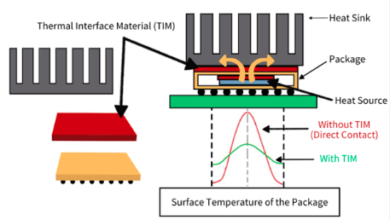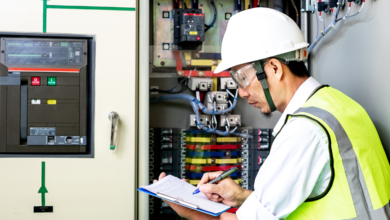Comparing Wood Pellet Boilers to Traditional Heating Systems

In the quest for more sustainable and efficient heating solutions, wood pellet boilers have emerged as a compelling alternative to traditional heating systems. Here, we compare wood pellet boilers with conventional systems such as oil, natural gas, and electric heating, highlighting the advantages and potential drawbacks of each.
Environmental Impact
Wood Pellet Boilers:
- Renewable Resource: Wood pellets are made from compressed sawdust and other wood waste, making them a renewable resource.
- Carbon Neutral: The carbon dioxide (CO2) released during combustion is roughly equivalent to the CO2 absorbed by the trees during their growth, resulting in a carbon-neutral cycle.
- Lower Emissions: Modern wood pellet boilers are designed to burn pellets cleanly and efficiently, producing fewer emissions compared to traditional fossil fuels.
Traditional Heating Systems:
- Oil and Natural Gas: These fossil fuels release significant amounts of CO2 and other greenhouse gases when burned, contributing to climate change.
- Electric Heating: While electric heating can be clean if the electricity is sourced from renewables, in many regions, electricity is still generated from coal or natural gas, which have high carbon footprints.
Read also: The Ultimate Destination for Stylish, Comfortable, and Durable Lawn Furniture
Efficiency and Performance
Wood Pellet Boilers:
- High Efficiency: Wood pellet boilers can achieve efficiency ratings of over 85%, making them comparable to high-efficiency gas boilers.
- Consistent Heat Output: Pellets burn at a consistent rate, providing steady and reliable heat.
- Automated Systems: Many modern pellet boilers are automated, with features like self-ignition and automated pellet feeding, reducing the need for manual intervention.
Traditional Heating Systems:
- Oil and Gas Boilers: High-efficiency models of these boilers also reach efficiency ratings above 90%, offering excellent performance.
- Electric Heating: Electric systems, such as heat pumps, can be highly efficient (especially in moderate climates), though traditional electric resistance heaters are less efficient.
- Ease of Use: Conventional systems often require less maintenance and have more straightforward operation compared to some wood pellet systems.
Cost Considerations
Wood Pellet Boilers:
- Fuel Costs: The cost of wood pellets can vary, but it is generally competitive with oil and gas. Bulk purchasing and local sourcing can reduce costs further.
- Initial Investment: The upfront cost of installing a wood pellet boiler can be higher than traditional systems due to the need for specialized equipment and storage solutions.
- Operational Costs: Maintenance and pellet delivery add to the ongoing costs, but the overall running expenses can be lower than fossil fuel systems over time.
Traditional Heating Systems:
- Fuel Costs: Oil and natural gas prices fluctuate based on market conditions, but they have been historically higher than wood pellets in many regions.
- Initial Investment: Initial installation costs for oil and gas boilers can be lower than for wood pellet systems, particularly if infrastructure (like gas lines) is already in place.
- Operational Costs: These systems generally require less maintenance and have well-established service networks.
Practical Considerations
Wood Pellet Boilers:
- Storage Space: Adequate storage for pellets is essential, which may require additional space and infrastructure.
- Fuel Supply: Reliable access to a consistent supply of quality pellets is crucial for uninterrupted operation.
- Maintenance: Regular cleaning and maintenance are necessary to ensure optimal performance and longevity.
Traditional Heating Systems:
- Infrastructure: In many areas, infrastructure for oil and natural gas is well-established, making it convenient to install and maintain these systems.
- Maintenance: Routine maintenance is simpler and often less frequent compared to pellet boilers.
Conclusion
Choosing between wood pellet boilers and traditional heating systems involves weighing environmental benefits, efficiency, cost, and practicality. Wood pellet boilers offer a renewable, carbon-neutral option with high efficiency and the potential for lower long-term costs. However, they require a higher initial investment, adequate storage, and regular maintenance.
On the other hand, traditional heating systems like oil, natural gas, and electric heating provide reliable, efficient, and easy-to-maintain options, though they come with higher environmental costs and potentially fluctuating fuel prices.
Ultimately, the best choice depends on individual circumstances, including environmental priorities, budget, local fuel availability, and infrastructure. By understanding the comparative advantages and limitations of each system, homeowners and businesses can make informed decisions that align with their heating needs and sustainability goals.





